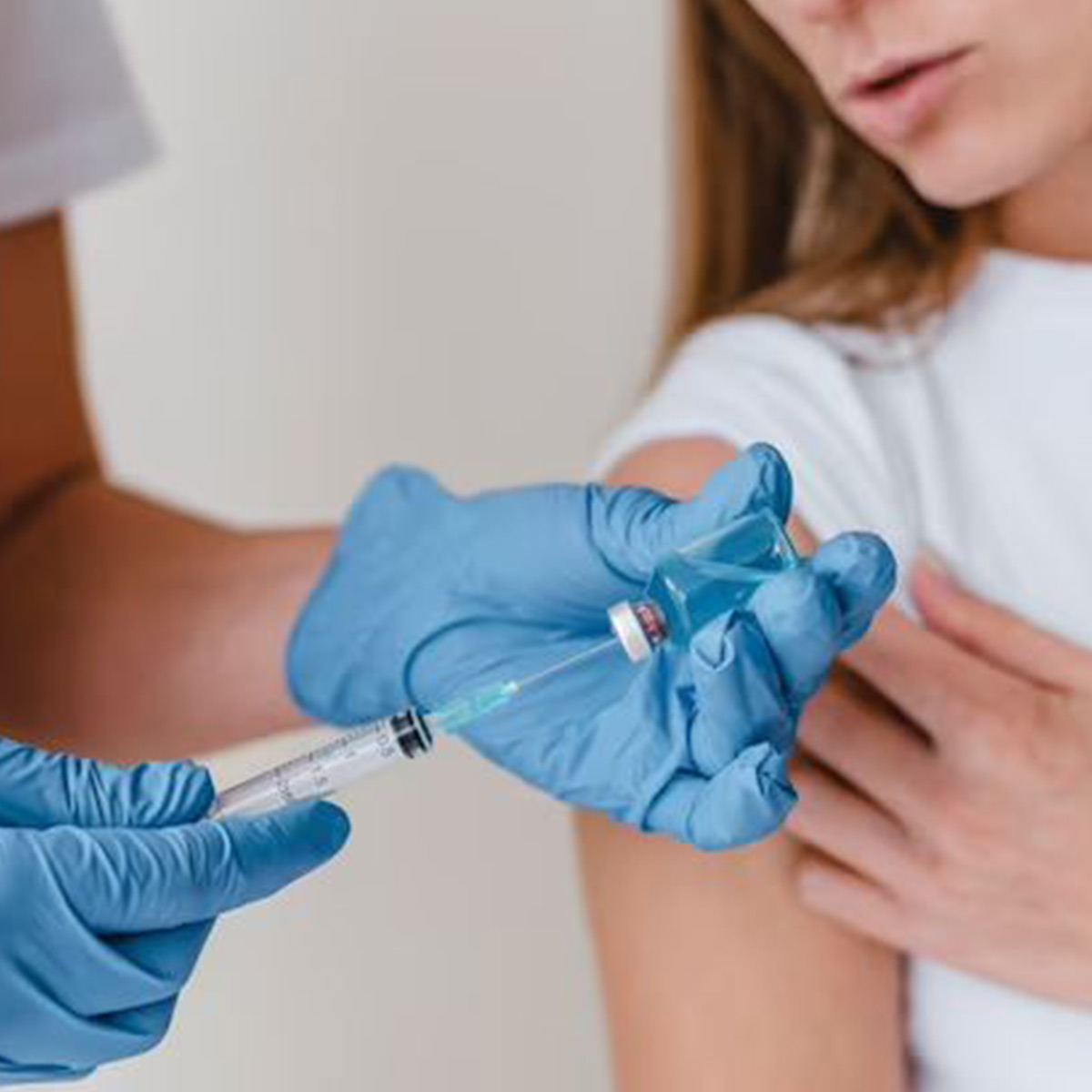Introduction
Vitamin D is emerging as one of the most important nutrients for overall health. Research shows it plays a role in immune function, bone health, cancer prevention, and more. Unfortunately, vitamin D deficiency is very common, even in sunny climates. Experts estimate over 40% of adults in the US are deficient. The good news is vitamin D injections provide a quick and potent way to reverse deficiency. Keep reading to learn how these shots can benefit your health.
Benefits of Vitamin D
Strengthens Bones and Teeth
Vitamin D helps the body absorb calcium, which is crucial for building and maintaining strong bones. Without adequate vitamin D, you’re at higher risk for osteoporosis and fractures. Vitamin D also supports dental health by preventing tooth loss and gum disease.
Boosts Immunity
Vitamin D acts as an immune system modulator, reducing inflammation and regulating the production of antibodies. Deficiency is linked to increased susceptibility to illness.
Supports Healthy Pregnancy
Pregnant women need high levels of vitamin D for proper fetal development. It helps regulate processes involved in brain, bone, and heart health. Deficiency is associated with preeclampsia, gestational diabetes, and premature birth.
Vitamin D Deficiency is Common
Limited Sun Exposure
Our bodies produce vitamin D when skin is exposed to sunlight. However, many people don’t get enough sun due to living in cold climates, working indoors, or using sunblock. Darker skin also requires more sun exposure to generate sufficient vitamin D.
Inadequate Dietary Intake
Very few foods naturally contain vitamin D. Oily fish like salmon offer a decent amount, but it’s difficult to meet needs through diet alone. This is especially true for those avoiding dairy, a commonly fortified food.
Vitamin D Injections
More Potent Than Oral Supplements
Vitamin D oral supplements come in two forms – D2 (ergocalciferol) and D3 (cholecalciferol). Injectable D3 is 4-5 times more potent because it enters the bloodstream directly, bypassing the digestive process. Just one shot provides 50,000 IU.
Better Absorption
Vitamin D is a fat-soluble vitamin, so adequate fat intake is required for proper absorption from the gut. Malabsorption disorders like celiac disease, IBS, and pancreatic insufficiency impair oral vitamin D absorption. Injections ensure full utilization.
Quick Increase in Levels
Building up vitamin D stores from a severe deficiency can take 6 months or longer with pills. In contrast, levels typically increase by 10 ng/mL after just one vitamin D injection. This rapid replenishment of reserves provides faster symptom relief.
Who Can Benefit from Injections?
Elderly
As we age, skin becomes less efficient at producing vitamin D from sunlight. Absorption in the gut also declines. Up to 75% of seniors are deficient, putting them at high risk for fractures and frequent infections. Injections are an ideal solution.
Overweight Individuals
Excess body fat binds and draws vitamin D out of circulation, making deficiency more likely in those who are obese. Injections bypass this issue by delivering vitamin D directly into the blood. They provide sufficient levels despite excess weight.
Those with Malabsorption
Gastrointestinal conditions like celiac, Crohn’s, and ulcerative colitis often impair vitamin D absorption from food and supplements. Injections ensure individuals with these disorders get the D they need for bone health and immunity.
Possible Side Effects
When used appropriately under medical supervision, vitamin D injections are very safe. Potential side effects include:
-
Injection site reactions like pain, redness, and swelling
-
Nausea, vomiting, lack of appetite
-
Headaches
-
Fatigue, weakness
-
Metallic taste in mouth
-
Excess urination and thirst
To prevent toxicity, levels should be monitored and dosage adjusted based on need. Those with certain conditions like chronic kidney disease require lower doses infrequently.
Conclusion
Vitamin D plays a multitude of roles in preserving health, but deficiency is rampant worldwide. Oral supplementation often fails to provide adequate levels. Vitamin D injections offer a convenient, highly absorbable way to quickly correct insufficiency. Just one dose can significantly boost levels and provide benefits. Under medical guidance, injections are safe and effective for preventing and treating deficiency in both healthy and high-risk populations. This powerful shot is a game changer for your health!
FAQs
How often should you get vitamin D injections?
Frequency depends on your current levels and how quickly you need to increase them. Some only require injections 1-2 times a year for maintenance after rebuilding reserves. Those with severe deficiency may start with weekly doses until levels normalize.
How long do the effects of a vitamin D injection last?
A single 50,000 IU vitamin D injection can raise blood levels by 10-30 ng/mL and provide benefits for up to 6 months. Levels then slowly decline as the vitamin D is utilized, which is why maintenance injections are important.
Are vitamin D shots better than taking vitamin D orally?
Yes, injections are far superior. They provide a much larger, more absorbable dose that rapidly normalizes levels. Oral vitamin D is inefficiently absorbed and often fails to correct deficiency, especially in those with malabsorption issues.
Can you take too much vitamin D from injections?
It’s possible, which is why dosing should be personalized based on your needs and blood levels. Toxicity usually occurs from mega-doses over 50,000 IU daily. When used properly under medical supervision, injections are very safe.
Who should not take vitamin D injections?
Those with hypercalcemia, chronic kidney disease, sarcoidosis, lymphoma, and hyperparathyroidism require careful monitoring and adjusted dosing due to increased sensitivity to vitamin D. High levels can exacerbate these conditions.


